Search and social go well together, and the search engines are finding more and more ways to use them together. In fact, the right combinations of these two elements could eventually dictate who has the most useful tools for users.
It’s become more and more clear over time that having a strong social presence is helpful in building a strong search presence for a variety of reasons, but it’s not been so clear, just how the search engines have looked at things like Twitter and Facebook profiles when it comes to organic search ranking.
Should social media be considered in search ranking? Tell us what you think.
Search Engine Land Chief Danny Sullivan posted an important article about this very topic, with some rare and surprisingly direct answers from both Google and Bing. While, neither exactly gave away their respective secret sauces, it would appear that they have set some things straight.
Google reportedly uses when an article is retweeted or referenced in Twitter as a signal in organic and news rankings (even though links on Twitter are nofollowed). They also use it to enhance the news universal results (based on how many people share an article).
Google "computes and uses author quality" for when someone tweets. When Sullivan asked if they calculate whether a link should carry more weight depending on who tweets it, Google Responded, "Yes we do use this as a signal, especially in the ‘Top links’ section [of Google Realtime Search]. Author authority is independent of PageRank, but it is currently only used in limited situations in ordinary web search."
Google says it treats links shared on Facebook Fan pages the same way as tweeted links, but they have no personal Facebook wall data. Authority for Facebook Pages is also treated like Twitter.
So, the more authoritative the crowd sharing links to your content, the better. Not that different than PageRank.
Bing
When it comes to Twitter, Bing tells Sullivan it also looks at social authority of users and more specifically, looks at how many people they follow and how many follow them, adding that this can add "a little weight" to a listing in regular search results (though it carries more in Bing’s separate Social Search). Bing decides when links should carry more weight based on the person who tweets it.
As far as Facebook, Bing currently looks at links shared on Facebook that are marked as being shared to "everyone" and those from Fan Pages. "We can tell if something is of quality on Facbook by leveraging Twitter," as Sullivan paraphrases Bing’s response. "If the same link is shared in both places, it’s more likely to be legitimate."
Bing does not use its new Facebook data in ordinary web search…yet.
On a related note, Bing is finding other interesting ways to utilize Facebook with search.
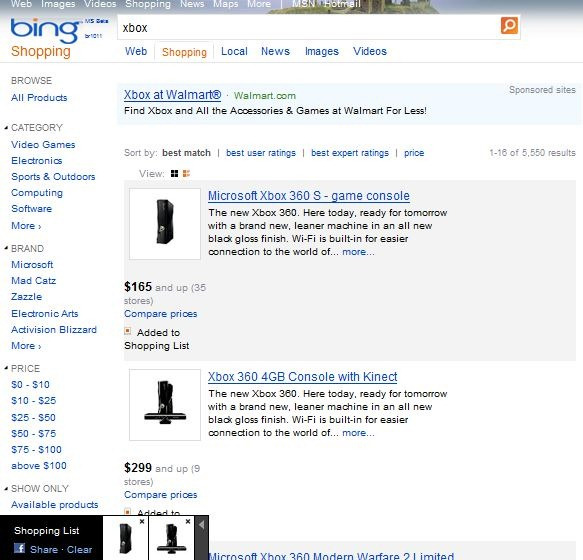
So, clearly it pays to tweet and build a credible Twitter presence. This means gaining a significant following in number, but also getting authoritative users to follow you (and hopefully retweet your links). This would appear to be good for plain old fashioned organic rankings as well as other supplemental search results. More importantly, it pays to create good content that will attract authoritative Twitterers to share it with others.
These things of course pay anyway, but it’s nice to know that they actually do have an effect on search rankings as well.
It’s not surprising that Twitter is currently playing a more important role in to search engine ranking than Facebook, simply because Twitter is public by default. Facebook is much more walled, meaning that most of the good Facebook data is private. Though it will be interesting to see what happens when Bing does integrate its newly acquired Facebook into its regular search offerings.
This wall of Facebook’s is also a factor into why Facebook could potentially unleash its own legitimate search engine. It’s got a search feature now of course, but there is a great deal of potential for them to do a whole lot more and really get under Google’s skin. More on that here.
Sullivan provides more background and context around the search engines’ social signals, as well as the full with both Bing and Google, and details about the Twitter Firehose’s lack of nofollow.
With the information Sullivan has gotten out of Google and Bing, will you focus more on social media? Comment here.
 Google’s solution was still an algorithm, but at least the issue was tackled (supposedly anyway). "We were horrified to read about Ms. Rodriguez’s dreadful experience,"
Google’s solution was still an algorithm, but at least the issue was tackled (supposedly anyway). "We were horrified to read about Ms. Rodriguez’s dreadful experience,"  Google’s Motivation?
Google’s Motivation? 
 Cutts also pointed out that Google hasn’t stopped working on paid links, and that people get sneaky and pay college students to put links on their pages about debt consolidation. He said Google is doing a big push on link spam, and that they have two or three things coming up in this area (without getting intos specifics of course).
Cutts also pointed out that Google hasn’t stopped working on paid links, and that people get sneaky and pay college students to put links on their pages about debt consolidation. He said Google is doing a big push on link spam, and that they have two or three things coming up in this area (without getting intos specifics of course). 
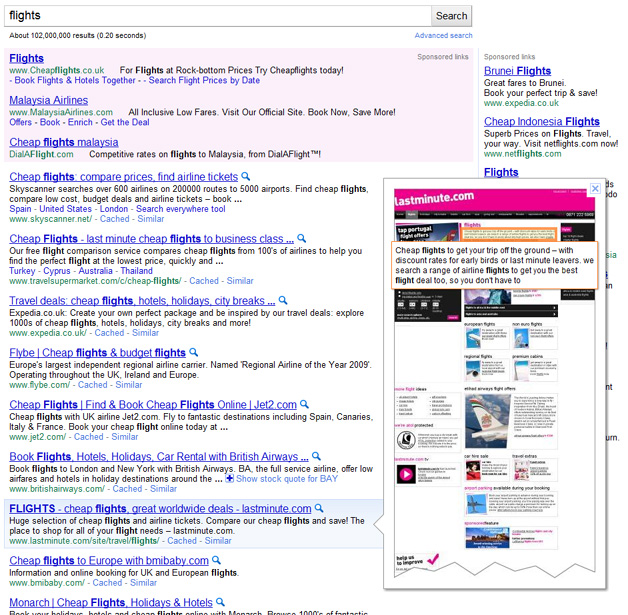

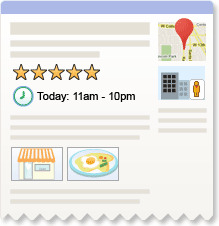 Google says to optimize for local search, you should not only use structured markup to help Google identify the places mentioned on your site, but to tell Google about your content through
Google says to optimize for local search, you should not only use structured markup to help Google identify the places mentioned on your site, but to tell Google about your content through 
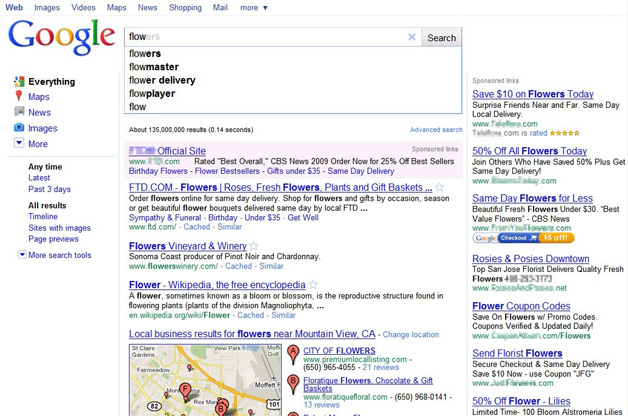
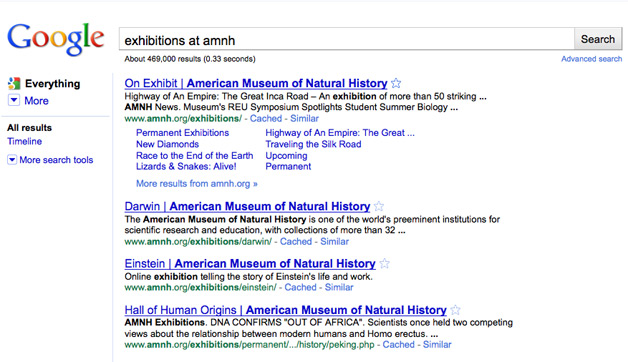

 "FM’s home-grown technology platform is largely an untold story," said John Battelle, founder, chairman and CEO of Federated Media. "Over the past five years, our technology team has built an extraordinary platform that drives our business and keeps us on the edge of innovation in media. TextDigger provides us with a complementary technology that will build upon the work our team began back in 2005. Expect to hear more from FM with regard to media and marketing technology solutions."
"FM’s home-grown technology platform is largely an untold story," said John Battelle, founder, chairman and CEO of Federated Media. "Over the past five years, our technology team has built an extraordinary platform that drives our business and keeps us on the edge of innovation in media. TextDigger provides us with a complementary technology that will build upon the work our team began back in 2005. Expect to hear more from FM with regard to media and marketing technology solutions."